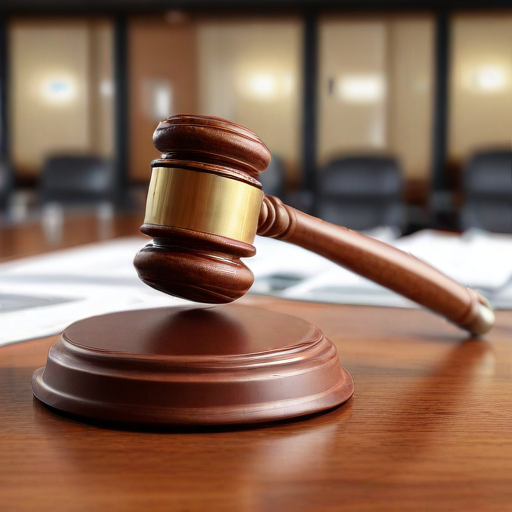President-elect Donald Trump’s appointment of Brendan Carr as chairman of the Federal Communications Commission (FCC) marks a significant shift in the agency’s direction. Carr quickly articulated his priorities, emphasizing a need to “dismantle the censorship cartel” and restore free speech for Americans. His assertion was met with support from Elon Musk, who described the comments as “based.”
Carr’s focus diverges from the typical priorities of past FCC chairs, who generally prioritized expanding broadband access and wireless policies. Instead, Carr has decided to target technology companies for alleged censorship, vowing to hold broadcast media accountable and abandon the FCC’s diversity and inclusion initiatives.
Having been appointed to the FCC in 2017, Carr is well-established within the agency and is expected to implement a vision in line with Trump’s campaign rhetoric on free speech and censorship. This connection extends to Carr’s past criticism of Democrats, whom he accuses of hindering innovation at Musk’s Starlink satellite service through regulatory barriers.
As chairman, Carr may facilitate substantial federal support for Starlink, a prospect that highlights the interplay between regulation and corporate interests. His recent letter to top tech executives foreshadows potential actions aimed at safeguarding First Amendment rights, alongside a notable critique of NewsGuard, a service that rates news reliability.
Though Carr’s appointment suggests he will prioritize issues regarding online censorship, it is crucial to note that the FCC’s authority over tech companies may be limited and could require Congressional action for more substantial changes.
Carr has laid out his agenda in the conservative Project 2025 initiative, proposing a focus on curtailing big tech, national security, and promoting economic growth while expressing concerns about platforms like TikTok, deemed a risk to national security.
While Carr’s planned changes have elicited criticism, particularly from media reform organizations, others regard his qualifications positively. Critics fear the potential for personal agendas to influence operations at the FCC, while more moderate voices acknowledge his expertise, suggesting that even amidst contention, a conversation about the role of media and free speech could emerge.
Overall, Carr’s leadership at the FCC may signal a renewed debate on media accountability and online speech rights, potentially steering both regulatory focus and corporate practices toward these contentious issues. This could lead to a more robust discussion surrounding the importance of balancing free expression with responsible content moderation, a crucial topic in today’s digital landscape.
